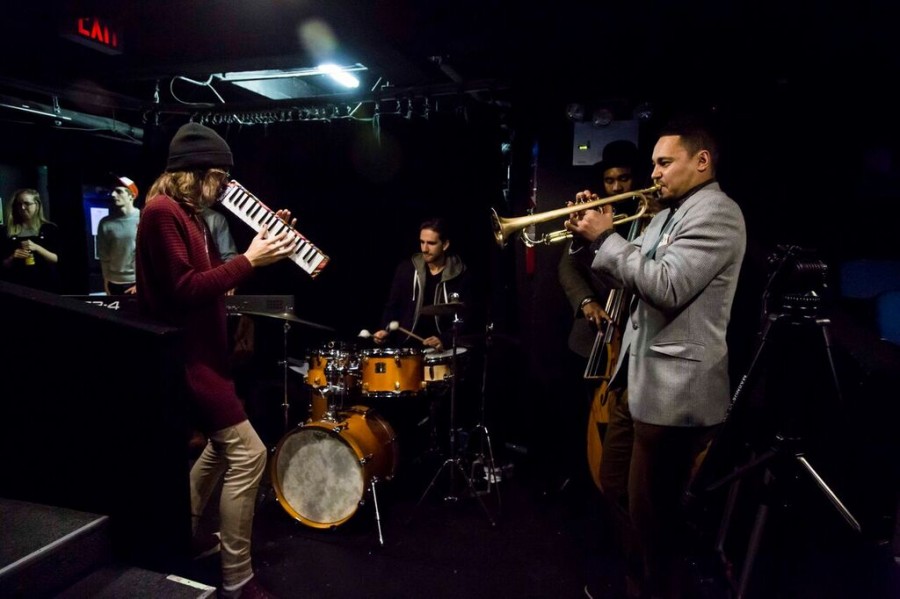On SNL and Mainstream Comedy
In 1975, “Saturday Night Live” premiered on NBC. At the time, “mainstream” was the last word anybody would have used to describe the show. The skits were silly and weird, the comedians used grungy sets and the company called itself the “Not Ready for Prime Time Players.” “SNL” marketed itself as part of the counterculture, and viewers were intrigued by their innovative comedy.
In 2016, calling “SNL” part of the counterculture would be laughable. Over the course of 40 years, the show has become about as mainstream as comedy can be, adding cast members that are polished and more than ready for prime time.
“SNL” has always indulged in political humor, and while the first years included strong political points about New York’s crime in the seventies, today they prefer to play with both sides of most political arguments as to not alienate parts of their audience. Some have said that their resistance to taking a stance in the post-9/11 years caused them to lose their edge. Now, viewers watch to see funny impressions of politicians and watch their favorite celebrities engage in silly sketches.
Even if this era of “SNL” is considered mainstream, one of the independent comedy theaters they recruit from is doing some of the most inventive work across the country. Upright Citizens Brigade, established by Matt Besser, Amy Poehler, Ian Roberts and Matt Walsh, hosts improv and sketch classes, allowing talented comedians to progress into professional comedy groups. From New York to Los Angeles, some of the most popular comedians of our generation are trained at UCB, and that talent includes “SNL’s” Kate McKinnon and Bobby Moynihan.
UCB has three small, intimate theaters where they perform their live comedy. Without the responsibility of appealing to the masses or keeping their content appropriate for a network television audience, they can assume that their small, urban audience of comedy fans won’t be offended by their liberal jokes or dirty language. Because they don’t bear the same responsibility “SNL” does, they are able to offer more freedom to comedians — an appealing quality to both performers and audiences alike, since it leaves more room for creativity.
Tisch sophomore AJ Nickell is involved in UCB improv and says he used to aim to be on SNL, but he isn’t a huge fan anymore and instead looks forward to continuing at UCB. “‘SNL’ isn’t preferred anymore because there’s little consistency in quality.” Nickell says he would certainly be limited there and that “at UCB, there would be more freedom and less censorship.”
Tisch sophomore Russell Katz, a local comedian and performer in NYU’s Hammerkatz sketch comedy group, has a slightly different perspective. “There are very few aspiring comedians that would turn down “SNL.” It’s a career starter for so many people,” he says.
Katz recognizes “SNL’s” limitations as inevitable but not drastic, adding, “‘SNL’ definitely does some weird sketches and most episodes have at least a dollop or two of vulgarity.”
“SNL” certainly has its limitations, but that comes with the territory of having network television as your platform. But fear not — UCB’s atmosphere and blackbox setting caters to those who prefer their comedy uncensored.
Email Adrienne Messina at [email protected].
Check out the rest of the Arts Issue here.























































































































































